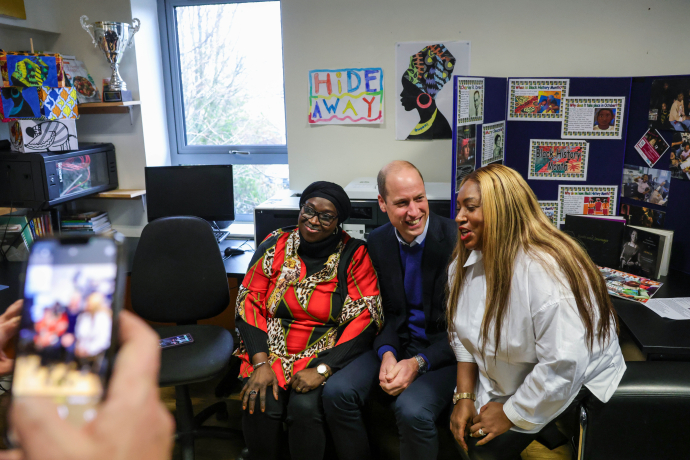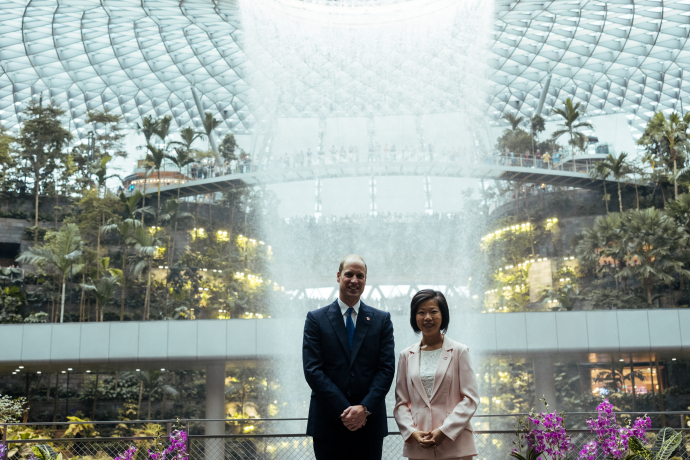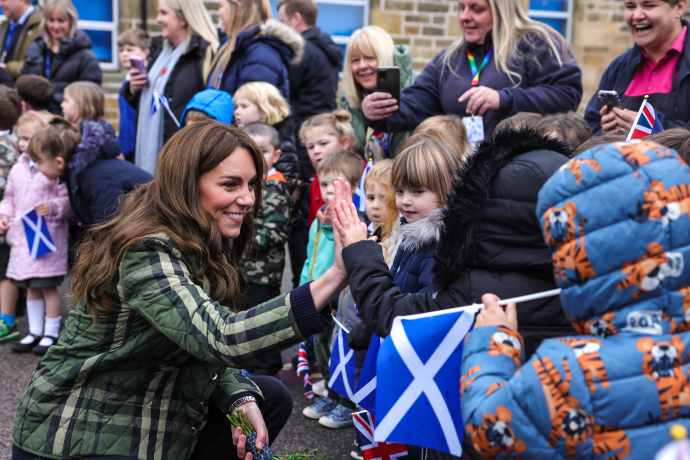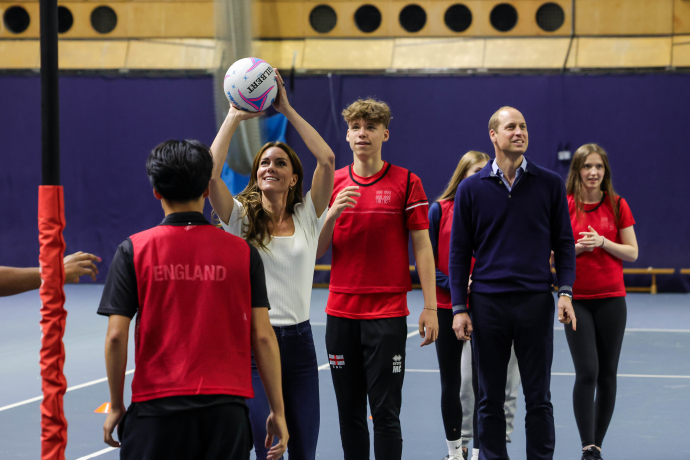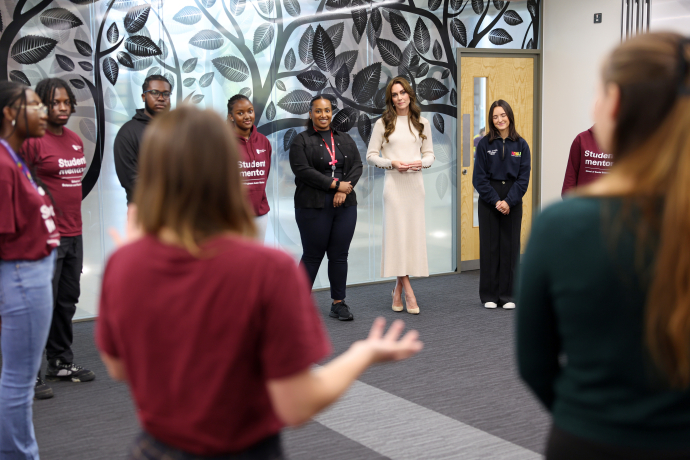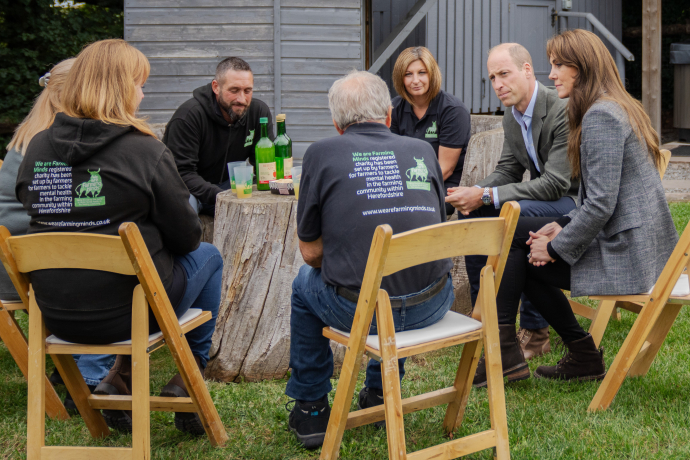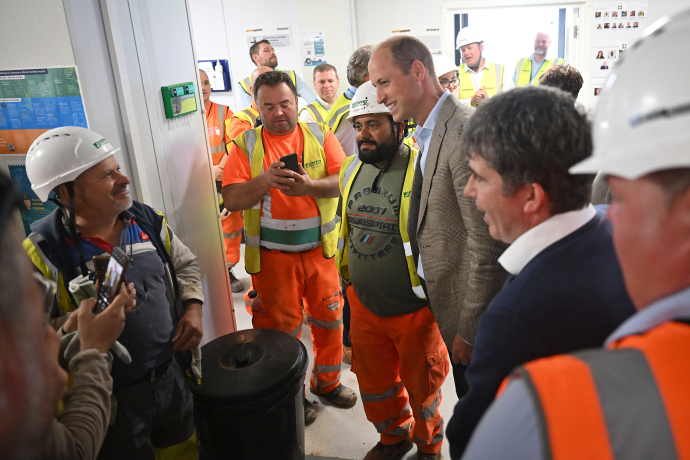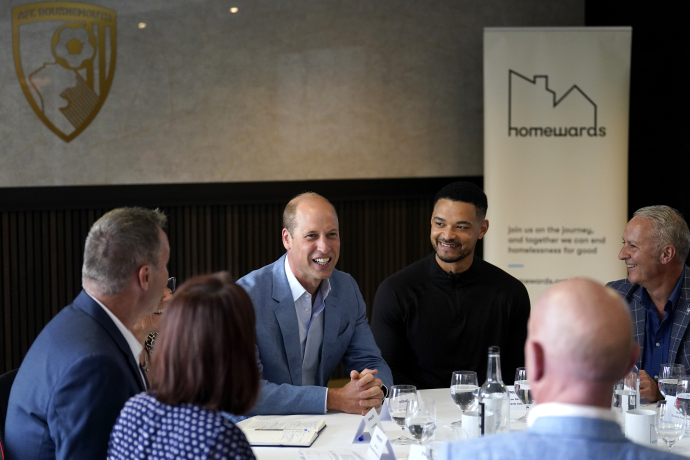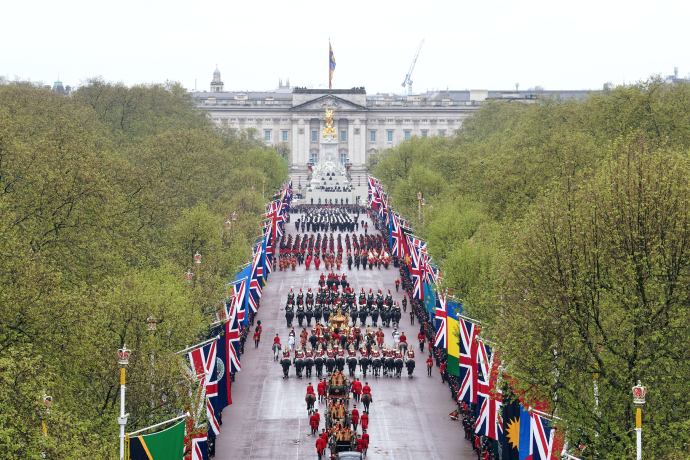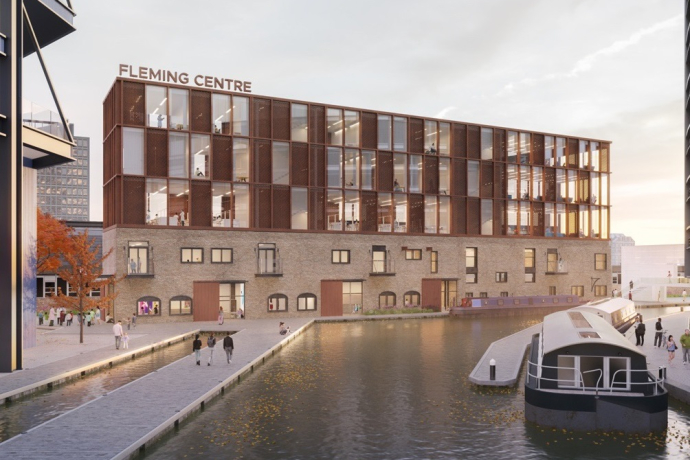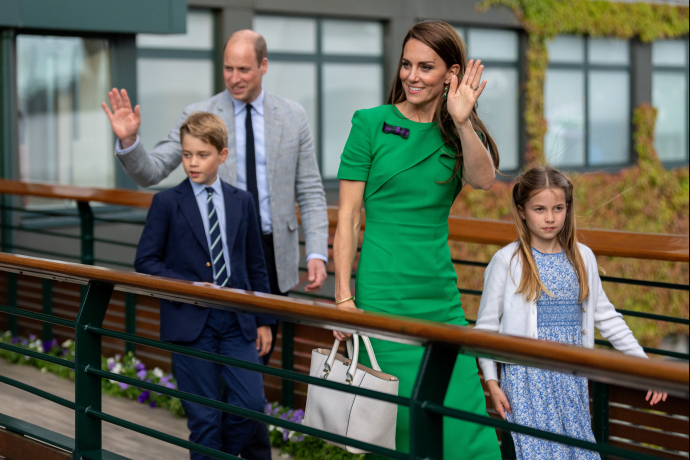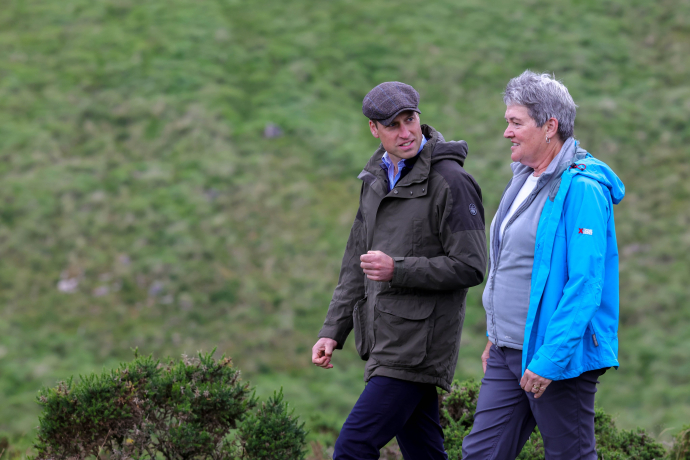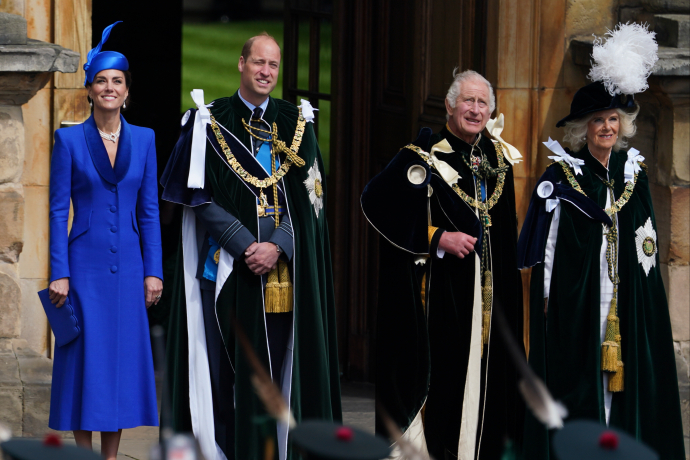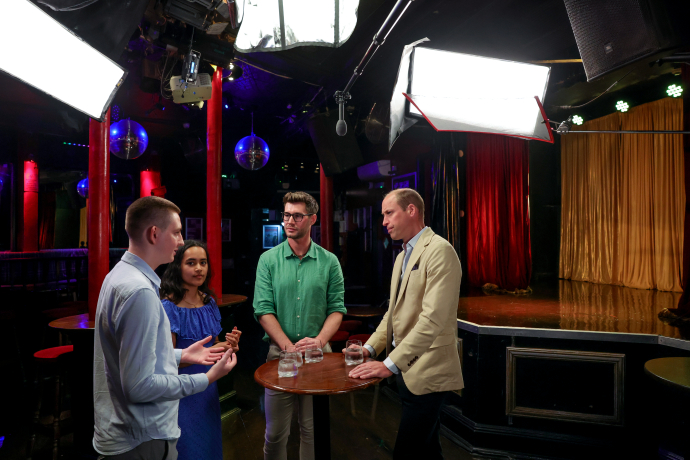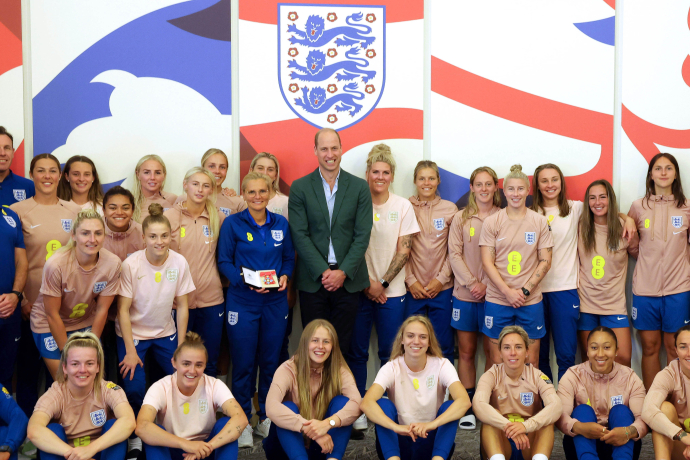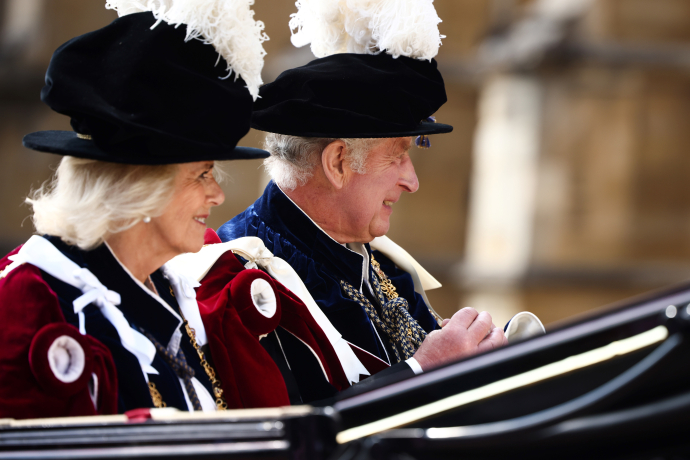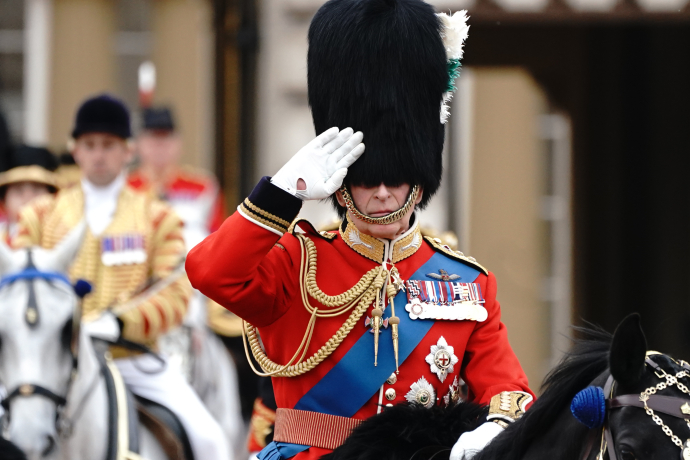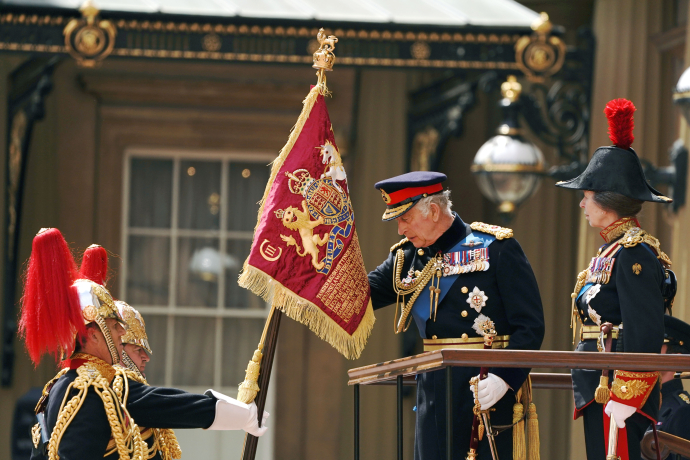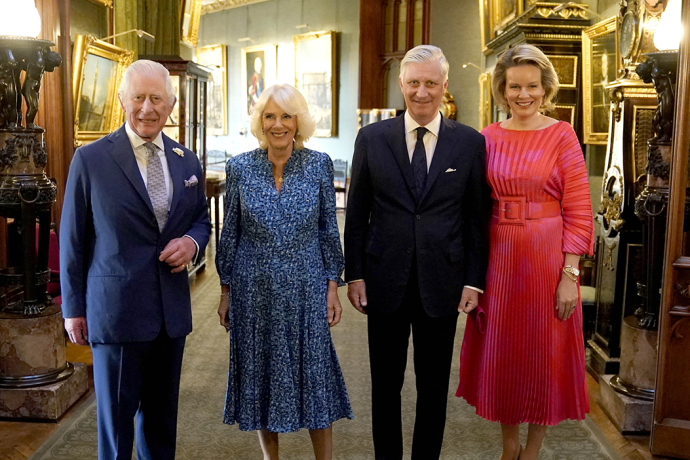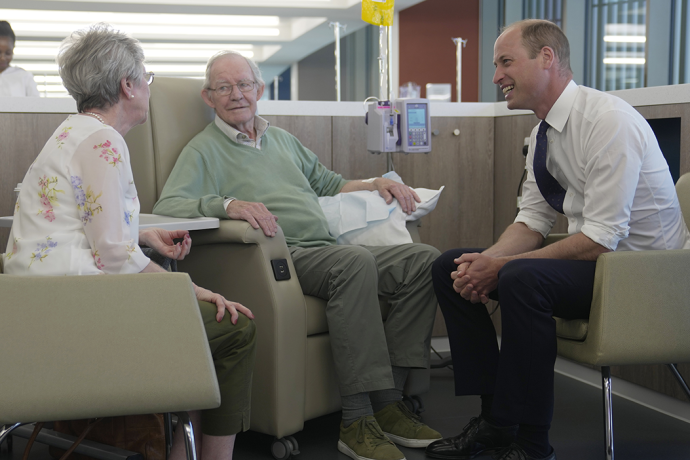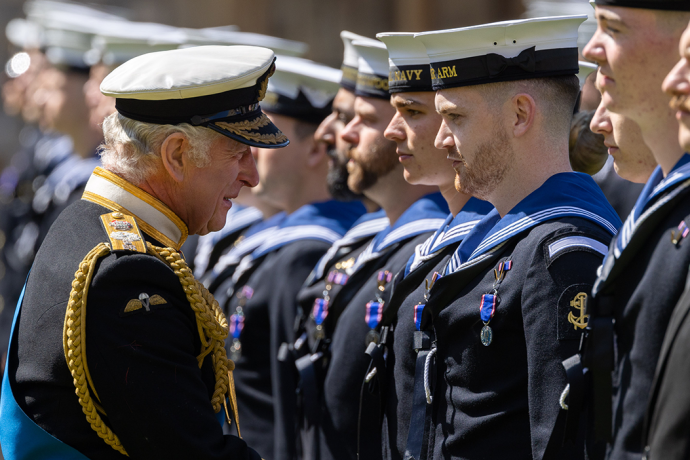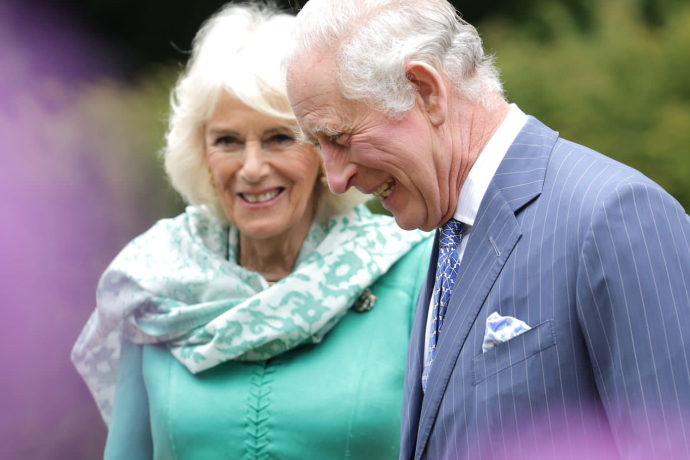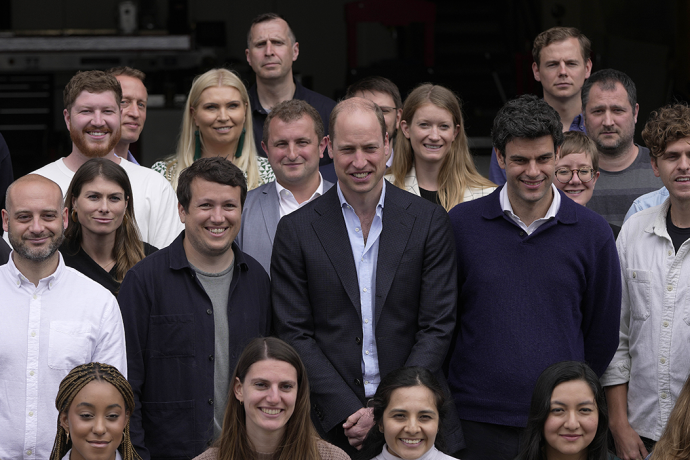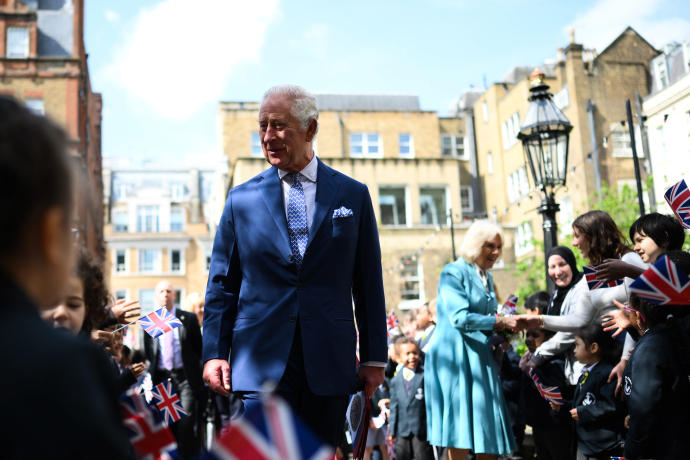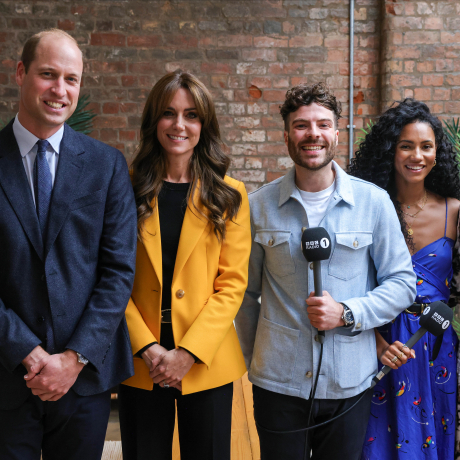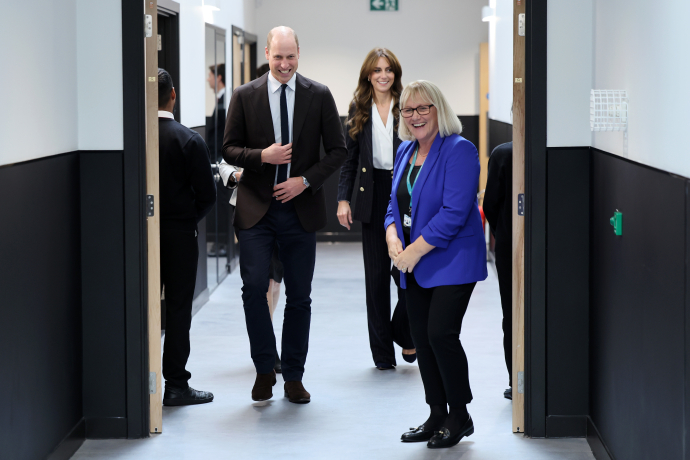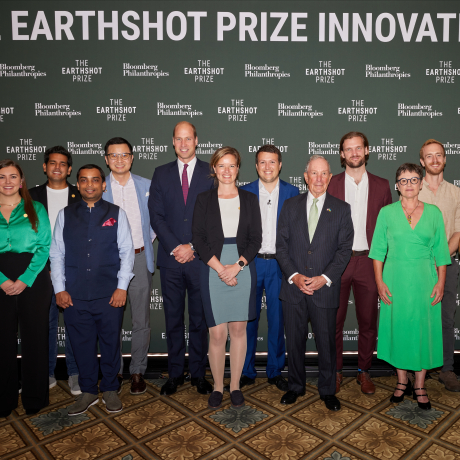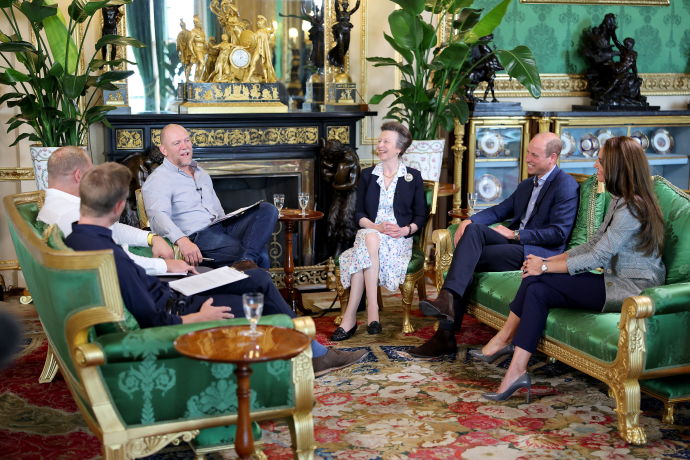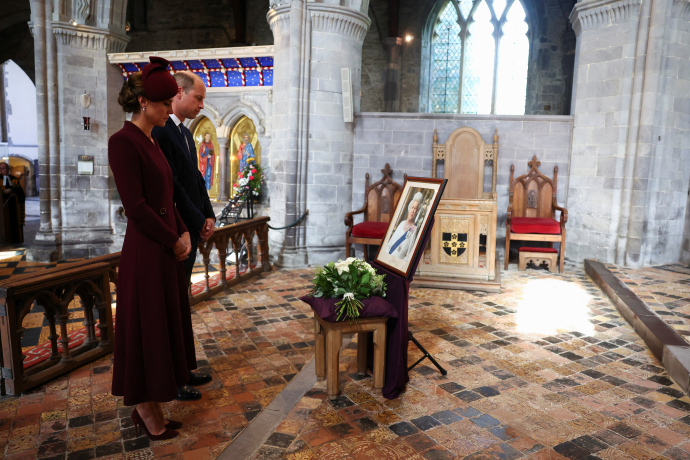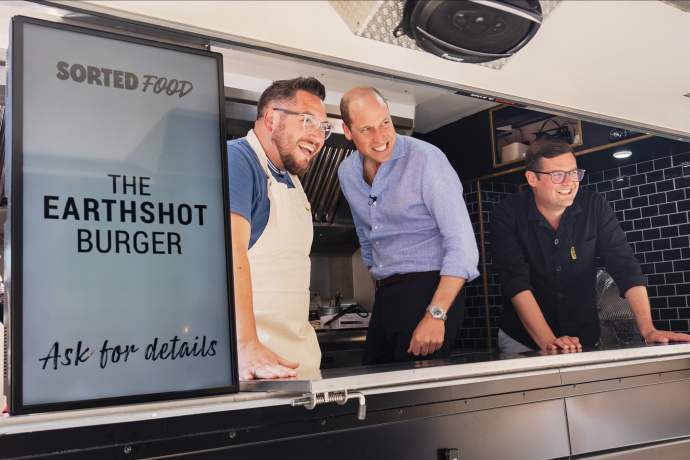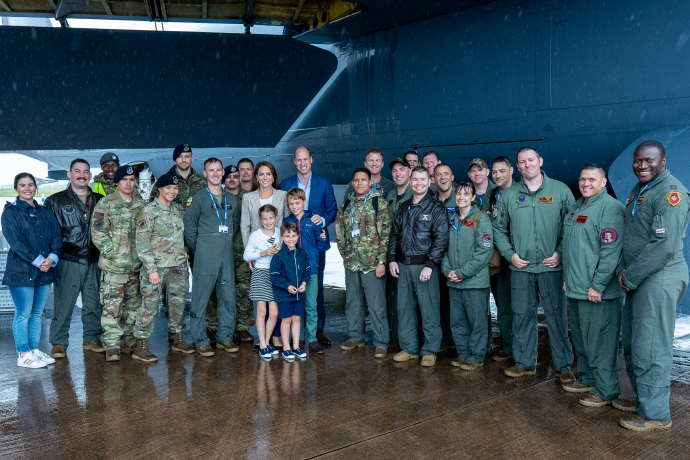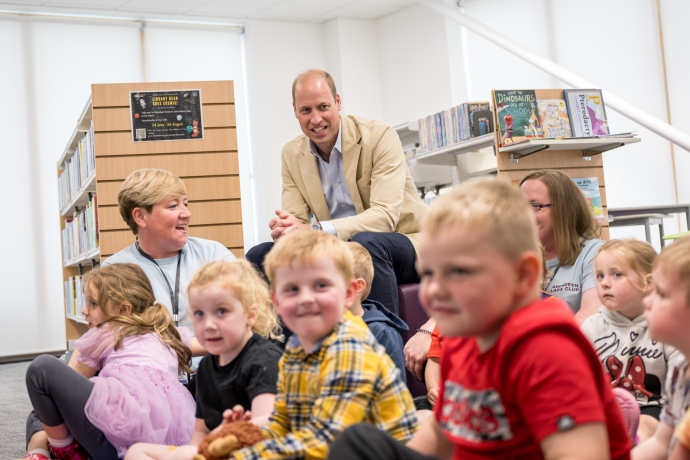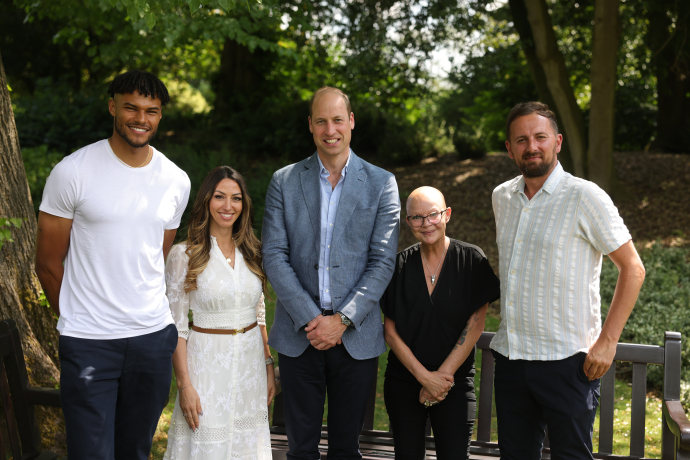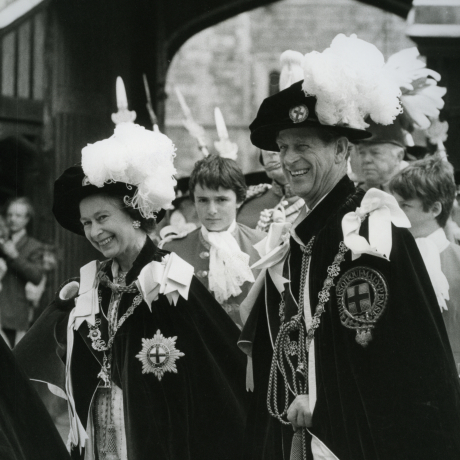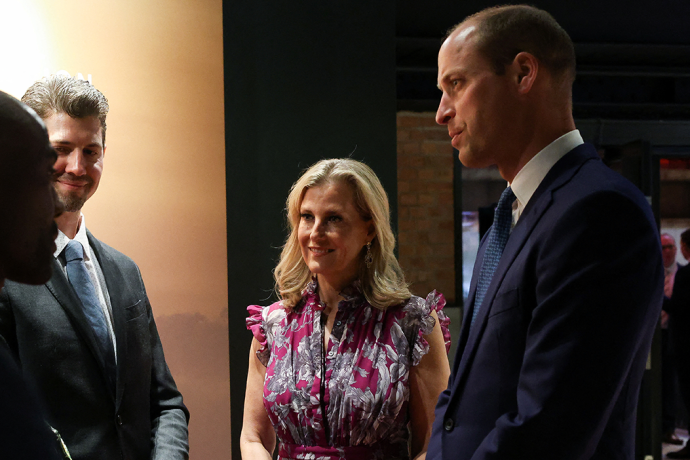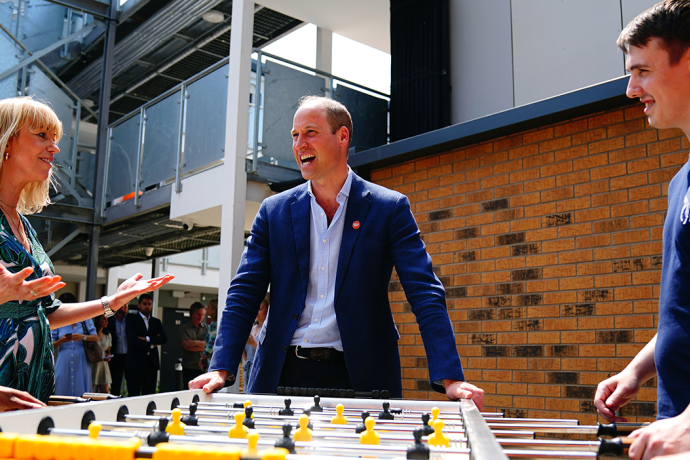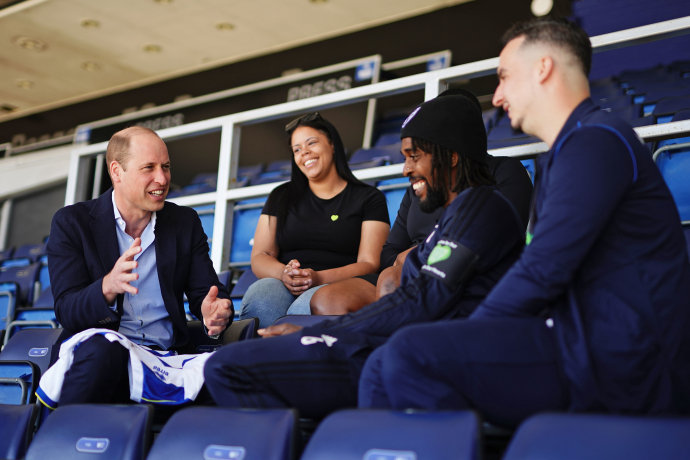A speech by The Duke of Cambridge at the Foreign and Commonwealth Office
Published
I hope that the Academy will nurture your talents and the future generations of expert diplomats our country will need long into the future.
Thank you, Foreign Secretary.
It is a pleasure to be with you to mark the first year of the Diplomatic Academy.
This new Academy is incredibly important. It will serve to make the Foreign and Commonwealth Office even stronger and more capable as an organisation, able to grow its diplomatic activity in the 21st century.
I pay tribute to the people who have built and staffed the Academy. Jon Davies, I particularly, congratulate you and your team on a successful first year.
I have been privileged over the years to witness the Diplomatic Service in action. In places as varied as the U.S.A. and Tuvalu, and South Africa and Malaysia, your colleagues – in fact, some of you in this room – have worked hard to project the United Kingdom through the prism of visits that I have undertaken, sometimes with my wife Catherine and sometimes alone.
I am pleased to say that these visits are run like clockwork, projecting the best of British organisational skills, tact and courtesy.
But, the association between the Foreign Office and the Royal Family extends to more than simply supporting official visits overseas or at Diplomatic Receptions. It goes much deeper than that, since we are both – fundamentally – servants of our Queen and our country.
The fact that you are members of Her Majesty's Diplomatic Service makes the bond between you and the Crown a very special one: one that I believe has real substance.
As The Queen approaches her 90th birthday, it is worth reflecting on the unparalleled role that The Queen has played in foreign relations and with world leaders during 63 years of unbroken service to the nation and Commonwealth. This is the same of duty to the nation and commitment to the wider common good that I see in Her Majesty's diplomats as I travel around the world.
That association between the Diplomatic Service and The Queen holds true for me, too. In many ways, your mission is also mine. I look forward to the fact that many of us in this room will cross paths many times in our lives.
I thought I might therefore take a moment to say something about what I interpret to be our shared values: internationalism, tolerance and service.
For centuries, Britain has been an outward looking nation. Hemmed in by sea, we have always sought to explore what is beyond the horizon. That sense of mission and curiosity is something that I know continues to drive our economy, our cultural and educational exports and our Armed Forces and Diplomatic Service. And wherever we go, we have a long and proud tradition of seeking out allies and partners.
In an increasingly turbulent world, our ability to unite in common action with other nations is essential. It is the bedrock of our security and prosperity and is central to your work. Right now, the big questions with which you wrestle – in the UN, NATO, the Middle East and elsewhere – are predicated on your commitment to working in partnership with others.
I know from my own experience how important that is. A subject that is close to my heart, the illegal trade in ivory and rhino horn, cannot be solved without nations working together in new ways.
I had the pleasure of meeting President Obama and President Xi in the past fourteen months. While I discussed a range of topics with both leaders, I was pleased with the personal commitment each showed to taking action to beat traffickers and protect vulnerable communities and wildlife.
I am delighted in the progress that the international community is making towards a reduction in illegal poaching. Touching as it does on security and stability, the multilateral effort to tackle the massive illegal trade in wildlife parts is, for me, a powerful example of how working in partnership with other nations is in all our best interests.
The fact that you are the Foreign and Commonwealth Office is no accident. In the spirit of internationalism, the Commonwealth stands for the possibility of a community of nations, of people of different races, ethnicities and religions working together for humanity's common good. It is why my grandmother The Queen is so committed to the Commonwealth – it stands for an ideal as much as it does for a reality.
A second core value is tolerance – a word often associated with the British people, and for good reason. Freedom under the law, respect for the rights of others, and a commitment to defending human rights overseas – these are at the heart of our character as a people and our role in the world.
Through your work on preventing sexual violence in conflict, the abolition of the death penalty and the rights of minorities, you have shown yourselves adaptable to new challenges.
These issues once not have been considered the work of diplomats at all, but they are inextricably linked to the security and stability of the world today.
I know from my own work with vulnerable young people, many of whom have fled unspeakably awful situations abroad, how much it means to them that their human rights are defended by this nation overseas.
Finally, I would like to touch on your ethos of service. We benefit from the early warning systems our embassies provide, and from your experience of how to conduct business negotiations or to help distressed British nationals overseas.
I know that much of your daily work and achievements go unsung. But we could not do without the Foreign Office for a single day.
I was proud on my visit to Japan last year to hear of how the Foreign Office assisted thousands of British nationals to safety after the tsunami struck so awfully in March 2011.
But you went further than that: your projects and partnerships with the Japanese people in small communities on the coast, which had lost everything, was incredibly powerful and moving, and it was persisting four years later. That form of service, where you look out for others and not just our own, is in the very best traditions of the Diplomatic Service.
In April, Catherine and I will have the pleasure of visiting India and Bhutan, where I hope we will advance the values that you work for every day. The post in New Delhi, working in partnership with the Indian authorities, has developed a programme that is in keeping with India as the dynamic and powerful country that it is in the 21st century. Our visit will reflect the best of the modern, forward-looking relationship between Indian and Britain.
As my wife and I will be reminded so powerfully in April, the United Kingdom has much to give – whether in diplomacy, science and technology, culture, education or business. You in the Foreign Office do so much to underpin this.
Thank you for the risks you often run and for the depth of your effort and commitment. You are a small service, but you make little go a long way. Please know how grateful Her Majesty and all the Royal Family are for all you do to project this country and our values overseas – I know that our gratitude mirrors the nation's gratitude to you. You have much to be proud of.
I am therefore delighted to be here to support the Diplomatic Academy, which will enhance all you do. I hope that the Academy will nurture your talents and the future generations of expert diplomats our country will need long into the future.
I look forward to meeting some of you now as I visit the Academy and the Crisis Centre. And I look forward – in the years to come – to strengthening my links with you and with the Foreign and Commonwealth Office as a whole.
Thank you for permitting me to address you today, and a huge congratulations to the Academy on your first birthday.
Related content
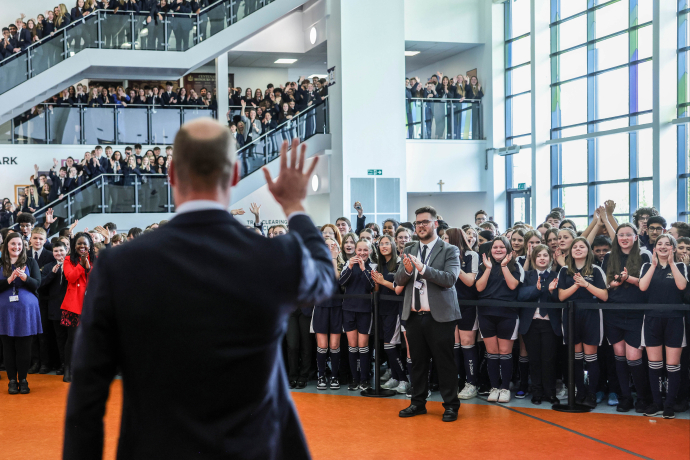
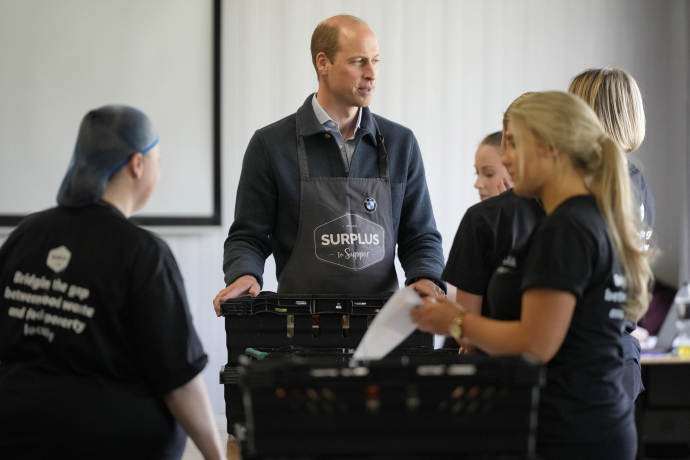
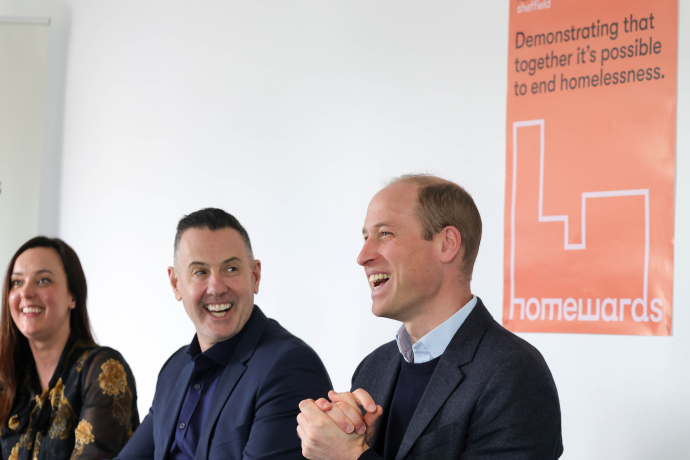
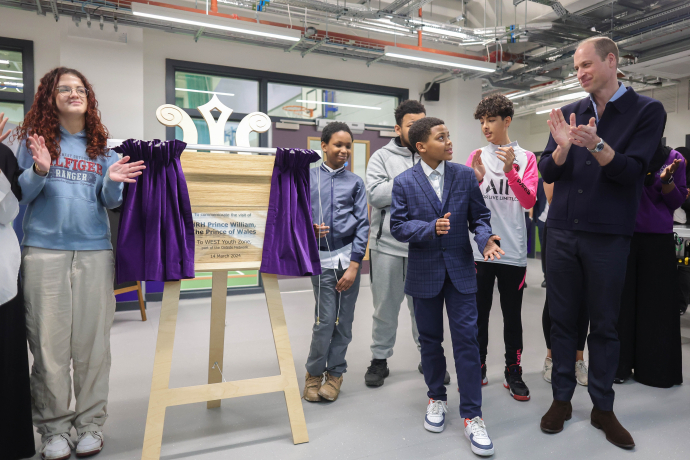
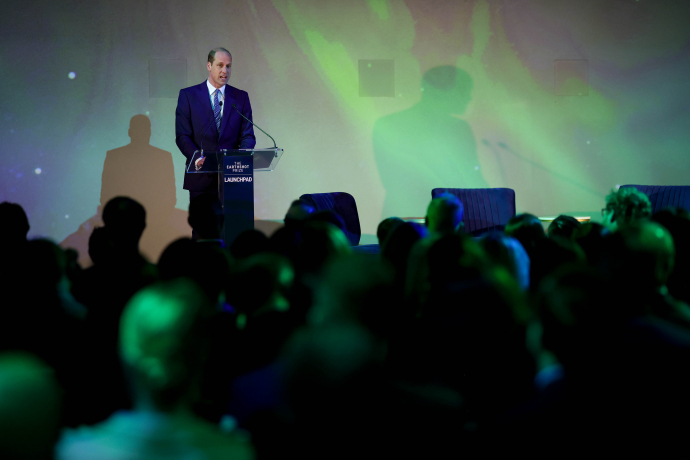
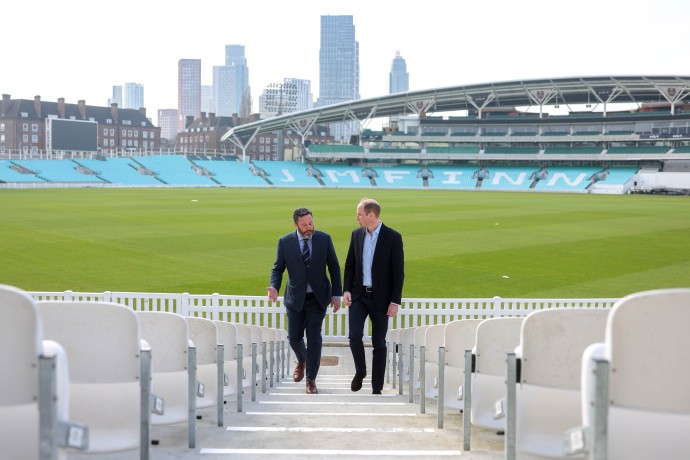
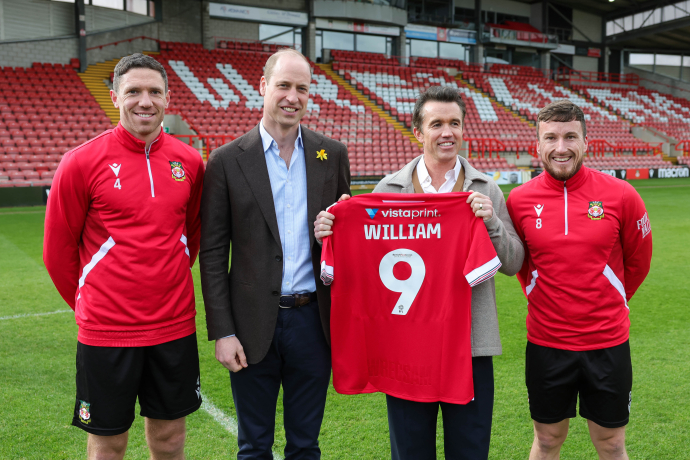
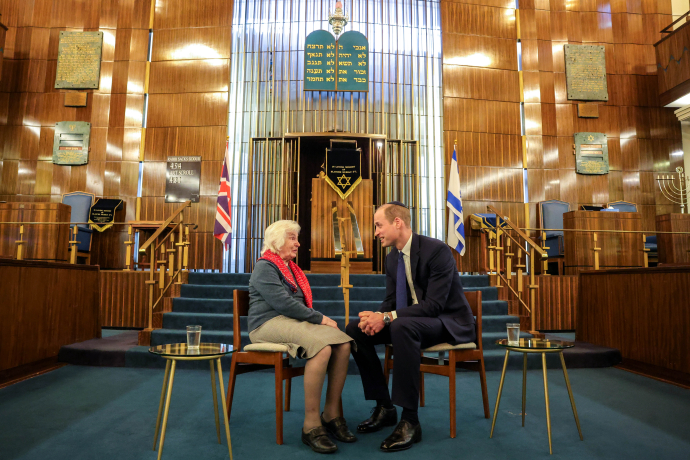
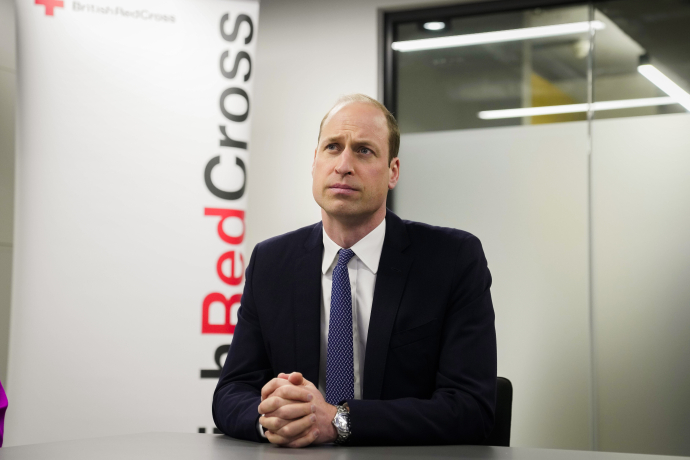
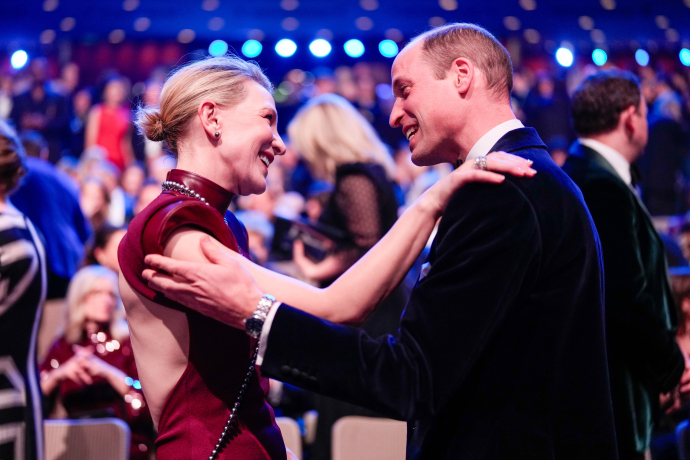
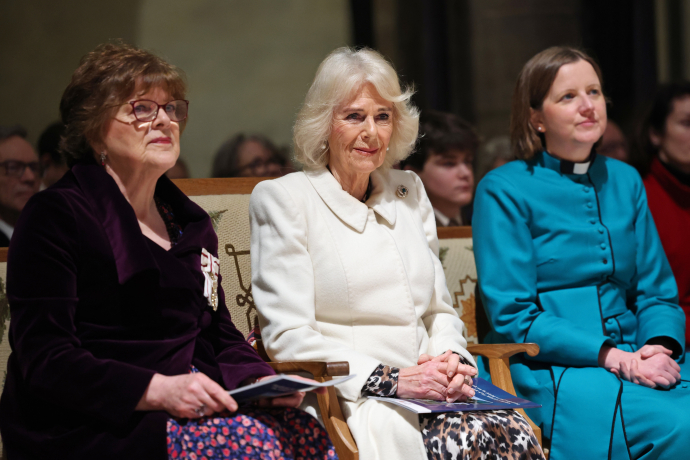
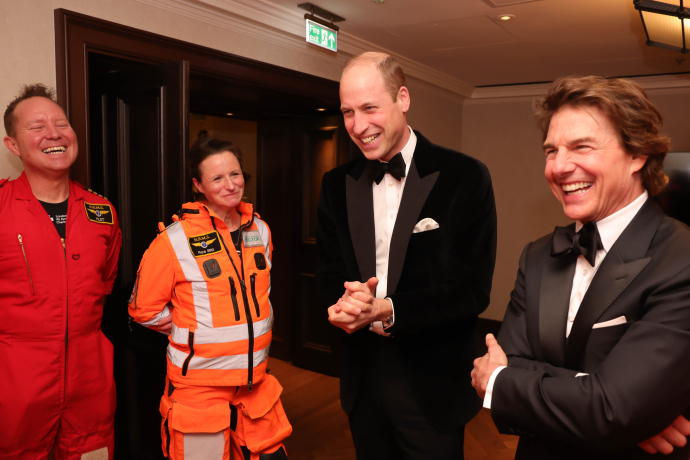
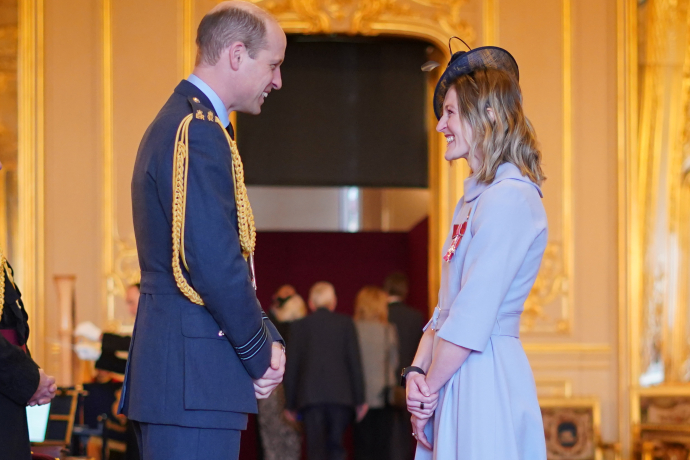
The Prince of Wales visits Manchester, launching latest Community Impact Project
16 November 2023